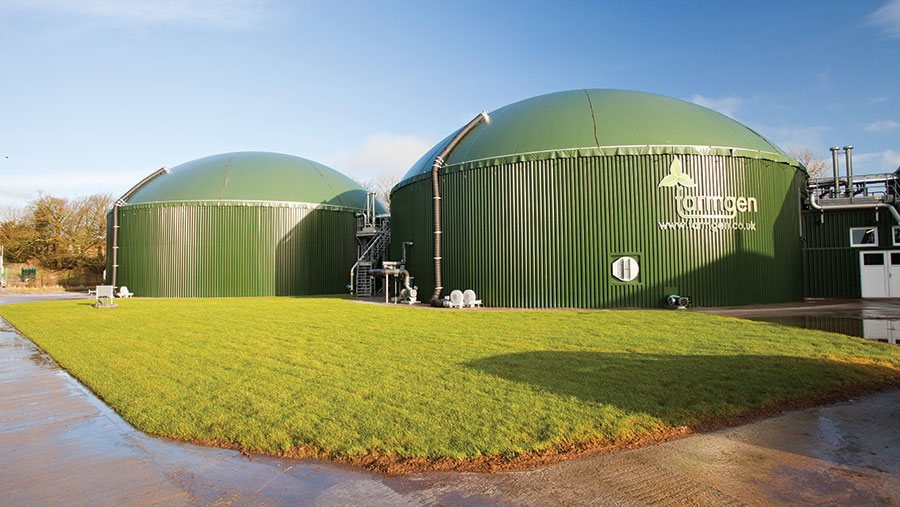Advice on getting best power purchase agreement deal
 © Science Photo Library
© Science Photo Library The drop in global and domestic energy markets makes it vital generators of renewable energy shop around for the best price on power sold to the grid.
Power purchase agreements (PPAs) are one of several routes to market for electricity sales, typically suited to farmers or landowners with installed generating capacity exceeding 100kWp and compulsory for those claiming renewable obligation certificates (ROCs).
Many supply companies offer standard PPAs, which allow electricity generators to lock into a guaranteed price for exported electricity, based on the wholesale price at the time of fixing.
See also: Farm buildings – know your permitted development rights
Fixed periods are typically three months to two years, with longer-term fixes usually more desirable when prices are high, and shorter periods when prices are down.
Current PPA prices have not been immune to the steep decline in wholesale energy markets, driven by low oil and gas prices.
Charles Ward, from consultancy New Stream Renewables, says a typical solar PPA price has almost halved over the past year to about £30-£35/MWh, excluding “embedded benefits” (see below).
Embedded benefits
Embedded benefit payments effectively reward suppliers for contributing to the local lower-voltage network and are paid on top of the fixed electricity price available through a traditional PPA.
Payments vary considerably depending on regional supply and demand factors, but can be worth £3-£15/MWh.
The Renewable Energy Guarantee of Origin certificate adds about £0.35-£1/MWh depending on generation technology.
Traditional PPA prices have therefore been overtaken by the main alternative for Feed-in Tariffs (Fits)-accredited installations – the Fits export tariff – and there seems little sign of any immediate turnaround, he says.
“The Fits export tariff was originally only offered by mandatory Fits licences (the “Big Six” suppliers), with prices initially at £30/MWh, which was below the wholesale price.
“However, with changes to legislation, we’ve seen more suppliers enter the market, and the export tariff level has risen with inflation to £55/MWh, which is now a considerable premium to a standard PPA.”
The Fits export tariff is separate from the Fits generation tariff, and offers an index-linked fixed tariff for 12 months on electricity exported to the grid. Ofgem sets the tariff and it is paid through electricity suppliers.
Contractual terms are similar to a traditional PPA, but they exclude additional payments for “embedded benefits”, apart from Renewable Energy Guarantee of Origin (Rego) certificates, which certify the energy as green.
Mr Ward cautions that anyone opting out of a Fits export tariff must allow 12- months before signing up again – similar to with a standard PPA.
Commercial factors determine the most suitable PPA for any business, and with many different deals available, it is worth shopping around at every renewal. “The difference between the best and worst deals could be worth £30,000 a year for a 500kWp anaerobic digestion site,” he says.
“It’s a very dynamic market that can see aggressive bidding for sites. Online portals do not necessarily cover the whole market and do not allow the human element of market timing and customer support, so it is well worth using a reputable intermediary with good market access.
“Always seek clarity about their fees and get them to provide a list of the companies they go to for a quote.”
Tips to get a good PPA deal
- Shop around as many PPA providers as possible – don’t just renew with your existing supplier.
- Use a reputable broker or intermediary with good market knowledge and proven track record.
- Start early – three to six months before your current deal ends.
- Compare deals equally, considering energy pricing, length of fixed period and value of embedded benefits (if applicable
- If using a broker, check which companies they go to for quotes, and ask for full details about fees before committing – for example, is it a one-off upfront fee or a fixed fee per MWh deducted through the supplier?
- Ensure companies are not binding you into a new agreement or committing you to use their service when getting a price quote.
- Read paperwork carefully before signing.
